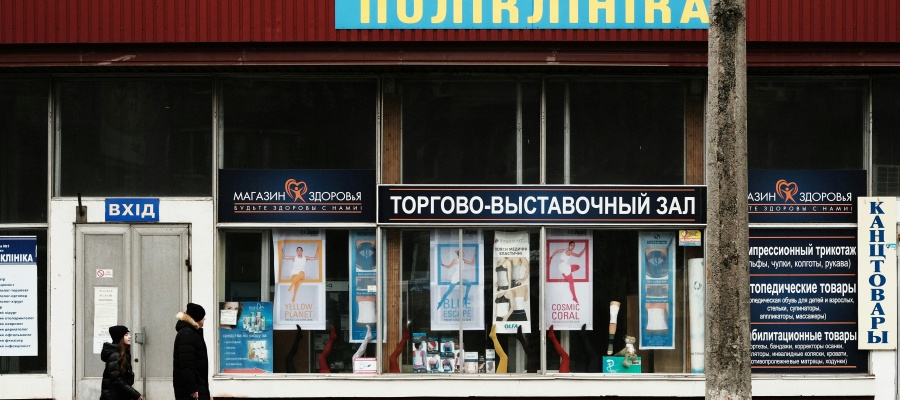Russia may be heading toward a severe economic downturn in 2025, according to University of California Berkeley economist Yuriy Gorodnichenko. Despite assertions from President Vladimir Putin that the Russian economy is stable, Western sanctions and falling energy revenues are beginning to take their toll. Gorodnichenko warns that the cumulative effects of trade restrictions and internal financial strain are creating a “perfect storm” that could push the country into a deep recession within the next year.
Energy revenue collapse fuels economic instability
A key factor behind Russia’s looming recession is the collapse of oil and gas revenues. Once a cornerstone of the national economy, Russia’s ‘petrodollars’—earnings from energy exports—have significantly declined. In 2023 alone, the country saw a 24% drop in oil and gas sales, reaching a three-year low.
Gorodnichenko points to historical parallels with the Soviet Union, whose economy collapsed five years after losing access to foreign petrodollars. In modern Russia’s case, the timeline could be even shorter due to its greater reliance on imported goods and services.
Unlike the Soviet Union, which maintained a degree of economic self-sufficiency, Russia today imports a wide range of essentials, from cars and food to household items and alcoholic beverages. This heavy dependence on international trade has made the country far more vulnerable to sanctions than it might initially appear.
Sanctions on consumer goods deepen impact
While energy sanctions have captured the most headlines, restrictions on consumer goods—especially alcohol—are further straining Russia’s economy. Brands including Pernod Ricard, Heineken, Carlsberg, and Bacardi have ceased operations in Russia in response to the invasion of Ukraine, either in solidarity with Ukraine or due to growing global pressure.
That said, not every drinks company has exited cleanly. Some have allegedly used third-party countries like Latvia to discreetly maintain trade ties, raising questions around transparency and ethical responsibility.
Despite the shrinking supply, demand for alcohol in Russia has surged. Researchers attribute this to a rise in “psychological tension” due to the war and lingering effects of the pandemic. In 2023, alcohol consumption in Russia hit a nine-year high, reaching eight litres of absolute alcohol per person annually. Experts believe the real number may be even higher.
“This clearly indicates an increase in consumption. This is how the population responds to difficulties,” said Evgeny Andreev, a researcher at the Centre for Demographic Research at the Russian Economic School.
Russia’s trade response could backfire
In a retaliatory move, the Kremlin plans to double import taxes on spirits such as Scotch whisky from the UK by August. It is also considering imposing a 200% duty on wine from NATO-member countries. These measures are framed as counter-sanctions but could further isolate Russia from the global market and drive up domestic prices.
At the same time, efforts to “de-dollarise” trade and build alternative payment systems with allied countries have made little headway. Gorodnichenko argues that such attempts only accelerate Russia’s path to economic hardship. “Russia still imports just about everything,” he said, underscoring the nation’s vulnerability.
The country is also contending with a projected ₽1.59 trillion (US$18 billion) budget deficit, largely due to the escalating costs of the war in Ukraine. Combined with declining exports and reduced foreign currency inflows, the Kremlin’s room for manoeuvre is narrowing.
Spirits consumption climbs in Ukraine too
Russia isn’t the only nation seeing a spike in alcohol consumption during wartime. Ukraine has also reported increased demand for spirits, particularly gin. Despite the obvious hardships, this shift reflects the psychological coping mechanisms populations adopt during prolonged conflict.
In both countries, alcohol has become more than a social lubricant—it’s a reflection of national mood. But while Ukraine continues to receive international aid and trade support, Russia finds itself increasingly isolated, relying on a shrinking pool of partners and dwindling financial resources.
As sanctions continue and oil revenues fall, economists like Gorodnichenko predict that Russia could find itself in a far worse position than it has publicly acknowledged. For a nation heavily dependent on imports and energy exports, the coming year may test the limits of its economic resilience.


